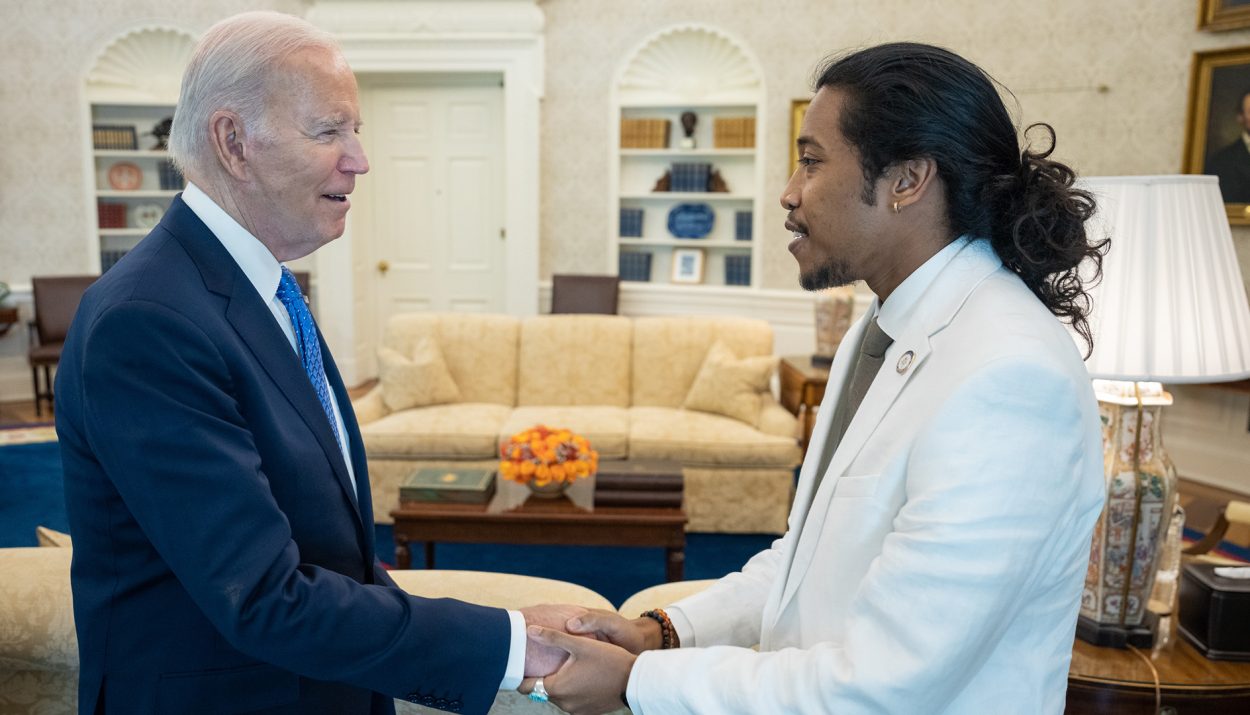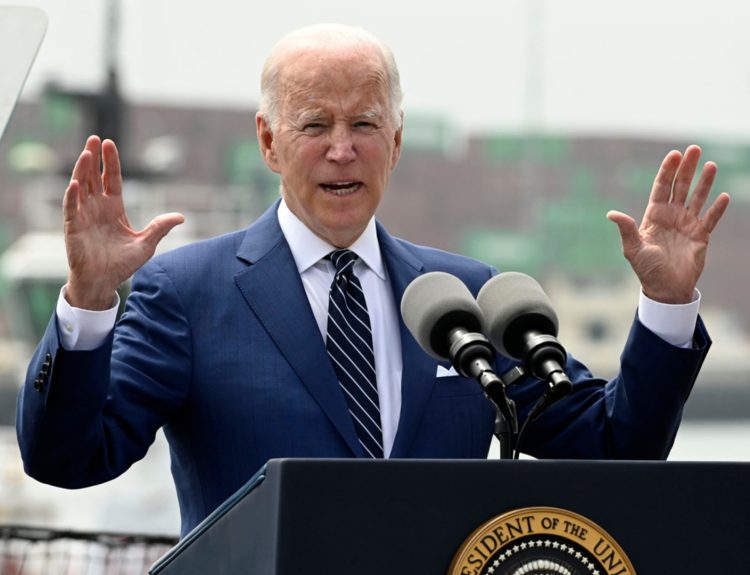In American politics, Conservatives seem to get upset over things that might seem odd to other Americans. Things like the clothing choices of senators or the religions of representatives stoke controversy a statement that is true on both the state and federal stage. The most recent controversy between liberals and conservatives centers on something a little different, though: the pledge of allegiance.
A Civil War Era Relic
The American pledge of allegiance is an old saying, one that first came into being in 1892. That version, which was slightly different than the version that Americans recite in schools and other events today, was penned by Captain George Thatcher Balch, a Union Army officer from the Civil War.

It’s believed that the pledge of allegiance came into being in the United States after the Civil War due to the ongoing tensions between Americans over political loyalties. In addition, the 1880’s saw a surge in immigration to the United States, leading to a stronger desire for patriotism in so-called “real” Americans.
Different Versions for Different Times
As with many things, though, the Pledge has seen different versions over time. The first pledge that was written by Balch is remarkably similar to the one we say today, with one notable exception. It calls for loyalty to the flag and the republic that it represents, just like the modern pledge, but there is a notable absence of any reference to God in that early version of the pledge.

In the modern Pledge of Allegiance, the verse goes, “…And to the Republic for which it stands, one nation under God, indivisible…” The inclusion of “under God” is an important point for many people both then and now, who see the United States as a country founded under Christian values and whose patriotism should reflect such.
Leave God Out of It
The fact of the matter is that the reference to God wasn’t adopted in the pledge until the 1950’s. Though it has continued on to be used in modern day, there are many who believe that including a religious or faith reference in a patriotic pledge undermines what the intent of the pledge was in the first place.

Still, there have been no calls to change the pledge since its last adjustment was adopted by Congress in 1952, and it doesn’t appear that will happen anytime soon. Many people feel strongly about the Pledge of Allegiance, and what it means for the United States as a whole.
Other Countries Pledge Allegiance, Too
The United States is not the only country that has a pledge of allegiance, though it is unique in how dogmatic some Americans are regarding the “sanctity” of the pledge. Pledges of allegiance across the world are seen as both a way to create a shared sense of patriotism and belonging, but also as a way to test political and state loyalty.

Some of the countries that require their schoolchildren to recite a pledge of allegiance, outside of the United States, include India, Japan, the Philippines, and Singapore. All of these countries use their pledges as a way of reaffirming the values that are held dear to the country, as well as foster loyalty for their home at a time when learning is paramount.
Not During School, Though
While many countries have pledges of allegiance, though, not all of them require the pledge to be regularly recited by schoolchildren. Opponents of this practice see it as a little dogmatic, bordering on potential brainwashing of youth in order to get them to believe in an idealized patriotism for a country with ordinary flaws.

And sometimes, there are individuals who refuse to lead or say the Pledge of Allegiance, for personal reasons. One such occurrence has been making headlines in the United States, with the focus zeroed in on a state representative from Tennessee, Justin Jones.
Justin Jones Against the GOP
Justin Jones is a junior state representative who was elected into office in 2022, and has seen his fair share of controversy since taking his oath of office. He was one of three members of the Tennessee conference that were censured, and subsequently expelled for violating floor decorum during a floor protest against gun violence.

Jones won his seat back in a special election, and has made his stance against his Republican colleagues and their perceived hypocrisy clear. The most recent incident regarding the Pledge of Allegiance brings this to the forefront again, with Jones going up against many of his Republican colleagues.
Republicans Calling for Jones’ Resignation
Jones recently, during a session of the Tennessee state legislature, quietly refused to lead the house in the pledge of allegiance. He didn’t make a big deal out of his refusal, simply asking someone else to lead instead, but his Republican colleagues took his refusal as a massive insult.

One such representative, Jeremy Faison, took to X, formerly known as Twitter, to loudly denounce Jones’ choice. He stated that if Jones couldn’t show the country and the flag to which he took an oath the respect that it deserved, then he had no business being a representative of the country at all and should resign his post immediately.
Jones Stood Up For Himself
Jones didn’t take this statement lying down. He responded in a post on Twitter, explaining his reasons for choosing not to lead the pledge. According to Jones, he couldn’t lead a patriotic chant in a house where many of his colleagues support “an insurrectionist for President” and engage with their “performative patriotism.”

Of course, Jones is referring to many of his Republican’s colleagues open support of Donald Trump in his third bid for the White House, even in light of over 90 felony convictions, including several surrounding the January 6 attack of the capitol. Jones’ reasoning behind not leading the pledge has to do with a political and moral stance, rather than disrespect for the American flag and what it represents.
Jones in the Media, Again and Again
This is not the first, or likely the last time that Justin Jones will make headlines for his choices as a representative for the state house of Tennessee. As one of the youngest members of the conference, it’s understandable that he might butt heads with many of his colleagues, who are generations above him in age.

However, this particular spat seems to be a little excessive. While Jones refusing to lead the conference in the Pledge of Allegiance might seem like a mark of disrespect against the country and the flag that represents it, at the end of the day the pledge is meant to bring people together, not tear them apart. It’s a lesson that many seem like they could use a reminder of, particularly heading into the 2024 election season.






